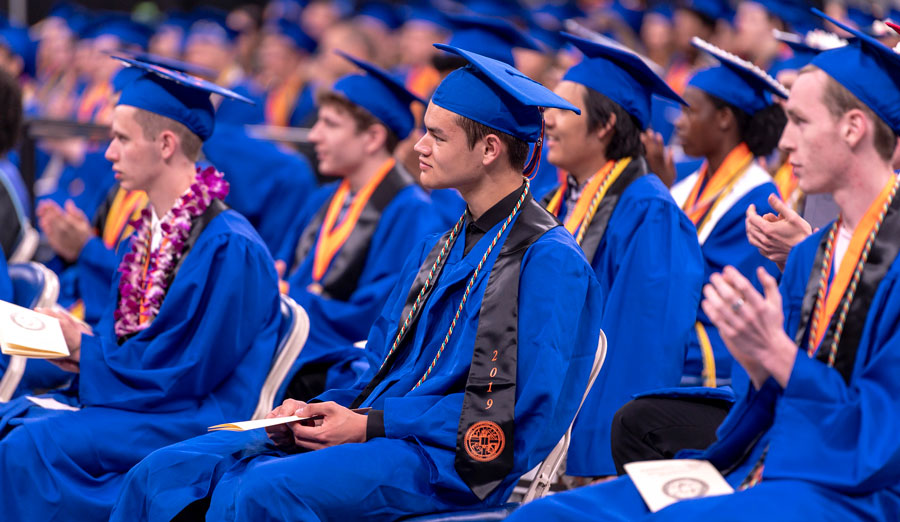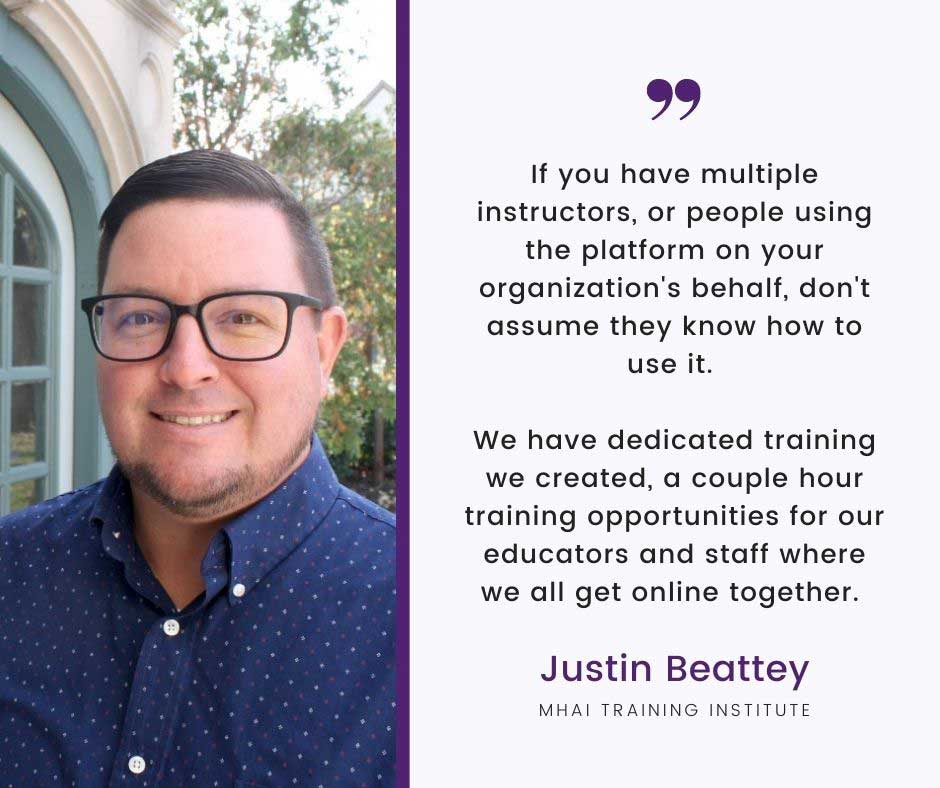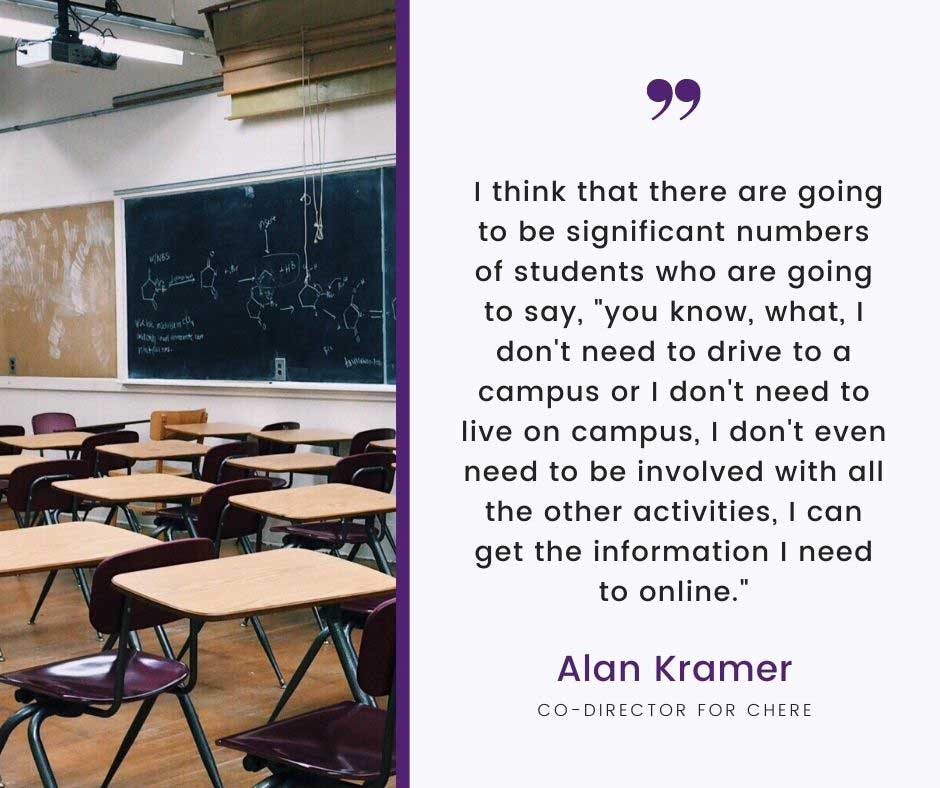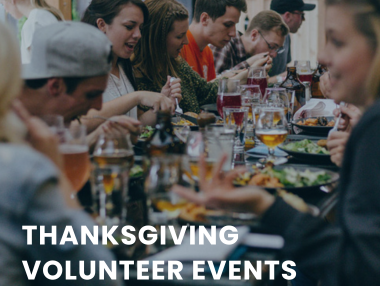Experts Answer Questions on Planning Online Fundraisers and School Events
Jump below to see profiles on all Q&A event experts quoted in this article. Click on the links to listen to full interviews with each event professional featured.

Q: Do you think people respond better to online or in-person fundraisers?
R: Well, to a certain extent, there's some products that just naturally sell better, digitally online. We are 100% online with all of our fundraisers. And the problem with that, again, the whole paradigm shift with the problem with digital to a certain demographic is it's a lot easier for a student to approach. Let's say, you know a neighbor or something with an actual printed out sheet that shows all the products are selling. And on the back of it is an order form, and they take a check or cash and they fill out and then they, once the product comes in, they go deliver it right?
Well, when you're telling someone you've got to log in, and check out with a credit card, and then it's not going to be delivered to you, it's going to be delivered to the school and you got to come pick it up, or I'll bring it to you. It's going to be tough.
And so the advice we're given is just DO IT just go headfirst into it. Because next year, people are going to go, okay I did it and it wasn't that bad at all. That's the way things are going and that's kind of the way of the future.
But for now, I mean, if you could do it online and not have to pull all those kids together and do those things and people get used to it. Why not get them used to a digital fundraiser right now?
Q: What trainings do you have in place for staff and/or instructors regarding introduction of new technology and online programs?
J: If you have multiple instructors, or people using the platform on your organization's behalf, don't assume they know how to use it. We have dedicated training we created, like a couple hour training opportunities for our educators and staff where we all get on Zoom together, for example. And we just show them how to use it.
So that way, when the person was in the thick of actually doing it, they felt prepared. And so that was one of those things we wanted to make sure our staff was as fully prepared as possible. So we took a little bit of time to dedicate to it, and where if you look at it from outside, you're like, man, that's time you shouldn't have to spend. But realistically it saved us so much time in the long run and part of what we do is we explain to people, hey, we understand your internet may go out, we understand, you may lose this or that, like we're going to work with you just join back when you can.
It's in this new digital age, we all have to be a little more understanding that technology and our internet capabilities in each of our households is out of our control. And just really kind of looking at those different kinds of things around that and just fully as an organization or program, understand what the limits of your capabilities are, to what other people do with their systems and how they join.

Q: Do you have any suggestions for program directors selling merchandise and fundraising online?
B: Two things that I definitely learned was initially figuring out the best way to display the fees, and the fees are so minimal. But when you have a low price item, I would suggest including the fees, up your price, so include the fees and the price of the item. So if your t-shirts are $5, or something selling for $6, include the fee in there, because when you're paying such a low price, and then you see an addition on top, sometimes in the consumers mind, it's kind of like why am I seeing this extra fee?
And for your higher priced items, go ahead and add the fees. We all pay fees for things you know, as far as getting Grub Hub and like that. So we're always paying fees and stuff and being the additional for the convenience. So I would say definitely adjust the fees to what works best for that event, or whatever you're selling.
And then the last thing just kind of crucial for me, always test your events first. You don't have to make a purchase on whatever you're selling. But once you set up the custom questions, make sure you go to the site as if you were a customer, and make sure the questions are populating the way you want them to.
Make sure that it's a required field for the for the actual order and that your customers are seeing the most convenient way to purchase the items. Otherwise, you might have a couple phone calls.
Q: Do you think the way students learn has changed due to COVID? Do you think the initial shift to virtual learning during COVID has forever altered the educational programs?
A: I think we were intimidated by the idea of trying to do things virtually because it felt less connected than what we're used to, which is face to face with students. But practically speaking, I don't think we're ever going back, I think that there are going to be significant numbers of students who are going to say, "you know, what, I don't need to drive to a campus or I don't need to live on campus, I don't even need to be involved with all the other activities, I can get the information I need to this way."
And I think that the virtual era, and the hybrid courses are going to become much more dominant moving forward, I think that's clear, because students have gotten used to it. The great irony and the great challenge here is that the students who have money who can afford to go and live on campus will have a much more enriched kind of experience, it's the same students we are dealing with who are going to have to make the equation, "do I want to spend $40,000 a year to live on campus? Or do I want to do this at a distance?"
And I think we have the great challenge that we will face at CHERE, and we will face in higher ed generally is are we going to be creating from this, two totally different educational systems, one for those who can connect with people and live with people on campus, and the other for folks who are just going to dip in enough to get the information they need and the certifications, they need to go to the next step.
And I think that's going to be a huge issue moving forward. Because I don't think the student who has gone through this is going to say, "you know what, I'm going to find the $40,000 to live on campus." So we're going to be grappling with that.

Ryan Hughes
President and GM for Excite Fundraising
Listen to full episode
Justin Beattey
Director of the MHAI Training Institute
Listen to full episode
Brittany Noriega
Arcadia High School Performing Arts Service Coordinator
Listen to full episode
Alan Kramer
Co-director for CHERE
Listen to full episode










